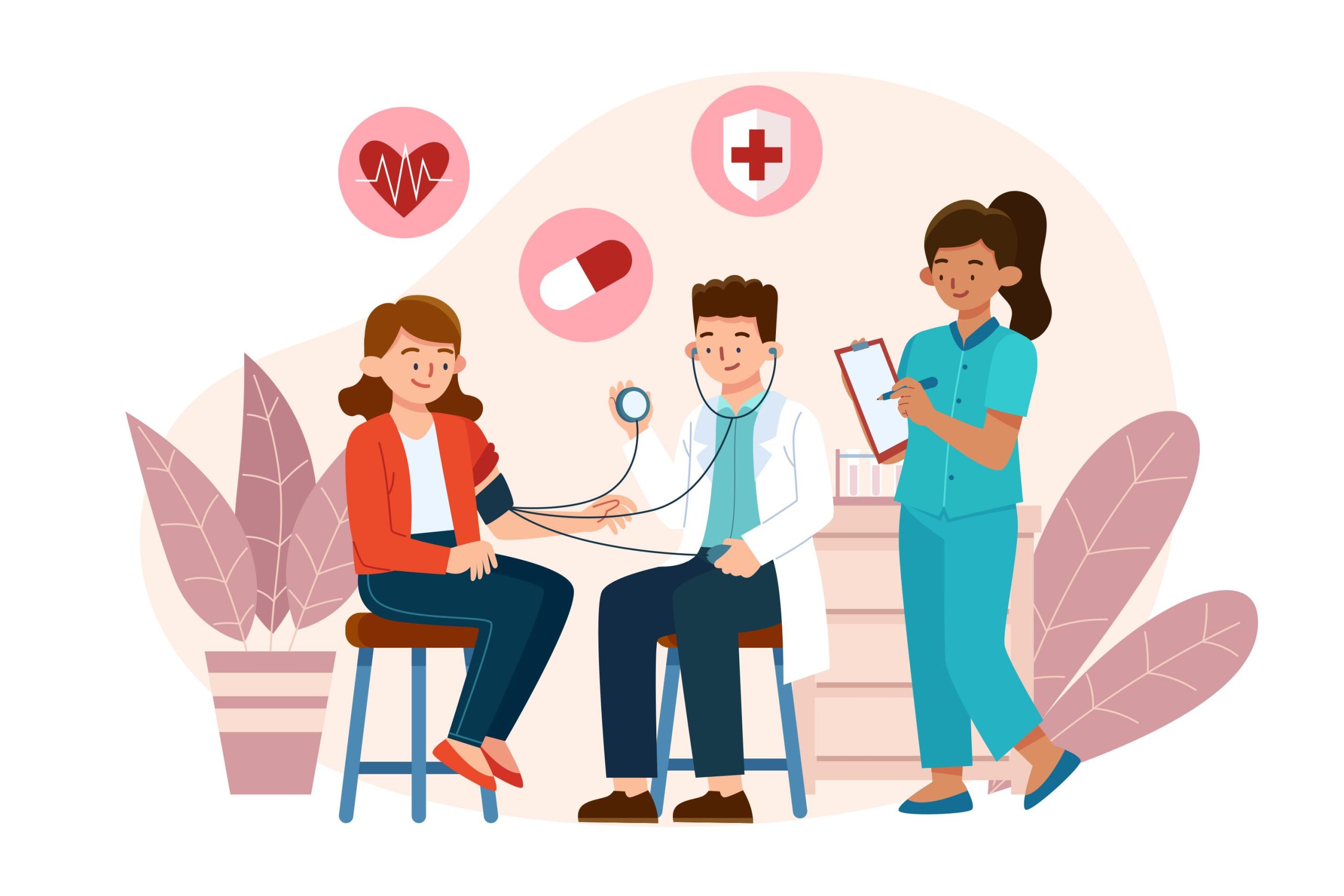Without any doubt, driving is a privilege. We know what you may think: so many people are driving their cars here and there that it’s impossible not to spot a vehicle on each road. It’s true, but unfortunately, not everyone is a skilled driver, the reason why many accidents happen.
Car crashes can happen to anyone and anytime, and unfortunately, they can’t be anticipated. Some things just can’t be controlled – factors like weather conditions (slippery roads from rain, fog, wind speed, snow, ice) are common causes of vehicle collisions. But, more often than not, accidents happen as the cause of another driver’s (or both drivers) negligence. Over speeding, distractions, avoiding seat belts, and drunken driving are just some of the most common causes of road accidents.
That being said, it’s paramount to improve your driving skills to prevent such unfortunate events from occurring. Forget the assumption that you don’t have to worry anymore about driver improvement once you get your driver’s licence. You should always be preoccupied with honing your driving abilities because it doesn’t hurt to gain more experience. Although it seems a trivial activity, driving implies a lot of aspects, and it’s by no means an easy job. After all, you operate a potentially lethal machine.
If you don’t know how to become a better driver, don’t worry – we’ve got you covered!
Consider a defensive driving training course
Whether you’re a beginner or an experienced driver, constantly polishing your driving skills should be prioritised. If you have the possibility, our advice would be to enrol for training in defensive driving methods. When it comes to operating a vehicle, you never know too much; a car is such a complex machine and the road is so full of dangers that it’s imperative to be well prepared before getting behind the wheel. If you’re a newbie, such courses help you understand the driving basics and teach you how to react in case of a collision or another type of road accident. During training, the techniques you’ll learn may be life-saving – you may think that a car accident won’t happen to you, but crashes are more common than imagined. As Statista says, more than 1,750 people were killed or injured in road accidents in the U.K. in 2019, numbers that should be alarming. So, even if you’re a professional driver, look at a defensive driving training course as a refresher that helps you get rid of possible bad driving habits.
Limit distractions
Once you take hold of the steering, your thoughts shouldn’t be anywhere else but the road. Remember that there’s time for eating, scrolling on social media, or receiving calls after you’ve arrived at the destination. Maybe other activities like cooking allow you to check your phone from time to time, but driving requires maximum focus, so forget about any distractions while driving. Did you know that some of the most common causes of collisions include drivers’ negligence?
If you ignore this particular aspect of ditching distractions, your driving skills may be in vain. We recommend turning off your phone while driving or keeping it on silent mode. If you’re driving for hours and need to eat, the best way would be to pull over and take a break. We know that you may want to get home as soon as possible, but don’t risk your life for just a few-minutes-faster arrival. Rear-end collisions, for example, often arise out of drivers failing to concentrate on the road. So, make sure you check the rear-view mirror frequently to avoid this type of road accident.
Unfortunately, it’s not only up to you – you can get involved in a vehicle collision out of fault. That’s why it’s essential to know what to do in such situations. First, you should check for injuries, document the event, and gather as much evidence as possible (if your health condition allows). Then, you should contact a car accident claims solicitor to help you with the legal proceedings. If it’s proven that it’s 100% the other driver’s fault, you might be eligible for compensation. If you’ve got seriously injured due to someone else’s negligence, it’s your right to obtain compensation to cover all the medical expenses that may come along with the recovery.
Heed weather warnings
Some of the rainiest and wettest places in the U.K. include Cardiff, Glasgow, and Bradford, so if you live in any of these areas, you’d better be cautious when driving – slippery roads from roads can be a real danger. In case you live in a place where weather is unpredictable, it’s highly advisable to check weather-related authorities’ issue warnings. Whether it’s about heavy winds or snowfall, avoid getting behind the wheel in such a weather condition unless you have a real emergency.
Pay attention to safety rules
Although you might be tempted to skip putting on your seatbelt for more comfort on the road, you may want to think twice before making such a mistake. This aspect, some may consider an insignificant detail, can save your life in case of a hazard. Don’t also forget to set your mirrors right before even starting the car because they allow you to spot potential danger and act accordingly. It’s time to return to the basics since these are the first that can minimise the risk of an impact.
Master the turns
Roundabouts can cause a lot of headaches, especially if you’re a beginner driver. But you shouldn’t be intimidated by these kinds of vehicle movements because everything can be learned through practice. The secret is to do it correctly and fast, and most importantly, don’t lose your temper. We know that it can be frustrating to keep navigating a roundabout in the midst of moving traffic, but you need to have patience and give yourself time. We don’t have any doubt that you’ll handle this!
A few quick reminders:
- Exercise proper spacing with cars in front of you
- Practice looking 10-15 seconds ahead of your car
- Check your sight
- Practice merging lanes
- Stay away from high beams






